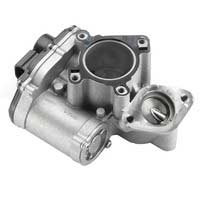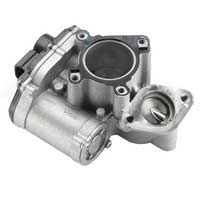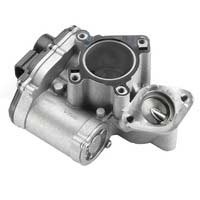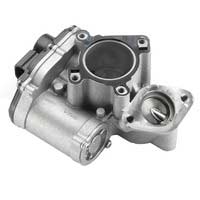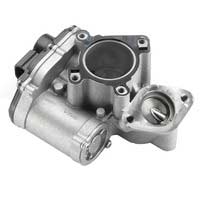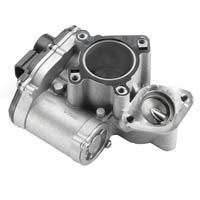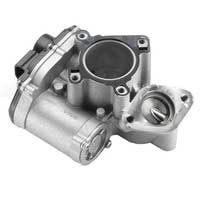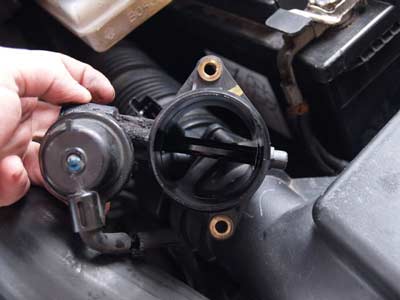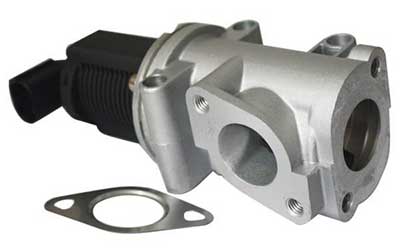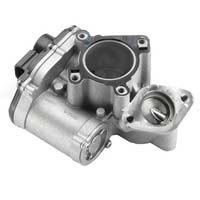
Volkswagen (VW) Exhaust Gas Recirculation Valve EGR Removal / Delete Service
Volkswagen (VW) EGR Problems & Faults An Exhaust Gas Recirculation valve (EGR) consists of a system that is integrated into the exhaust valve to allow gasses to be recirculated into the engine to be re-burnt before being released into the atmosphere and is known to be a common…
